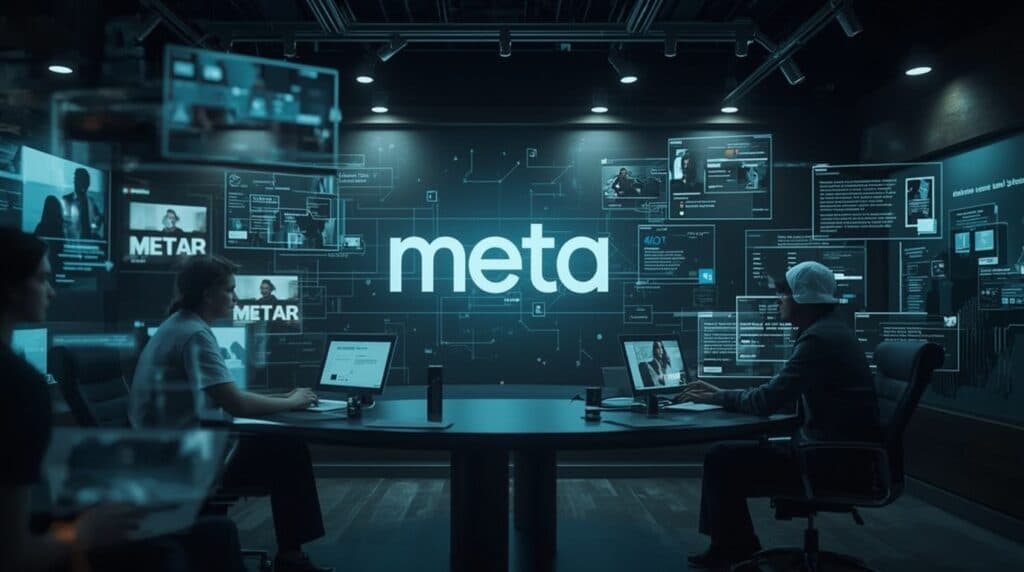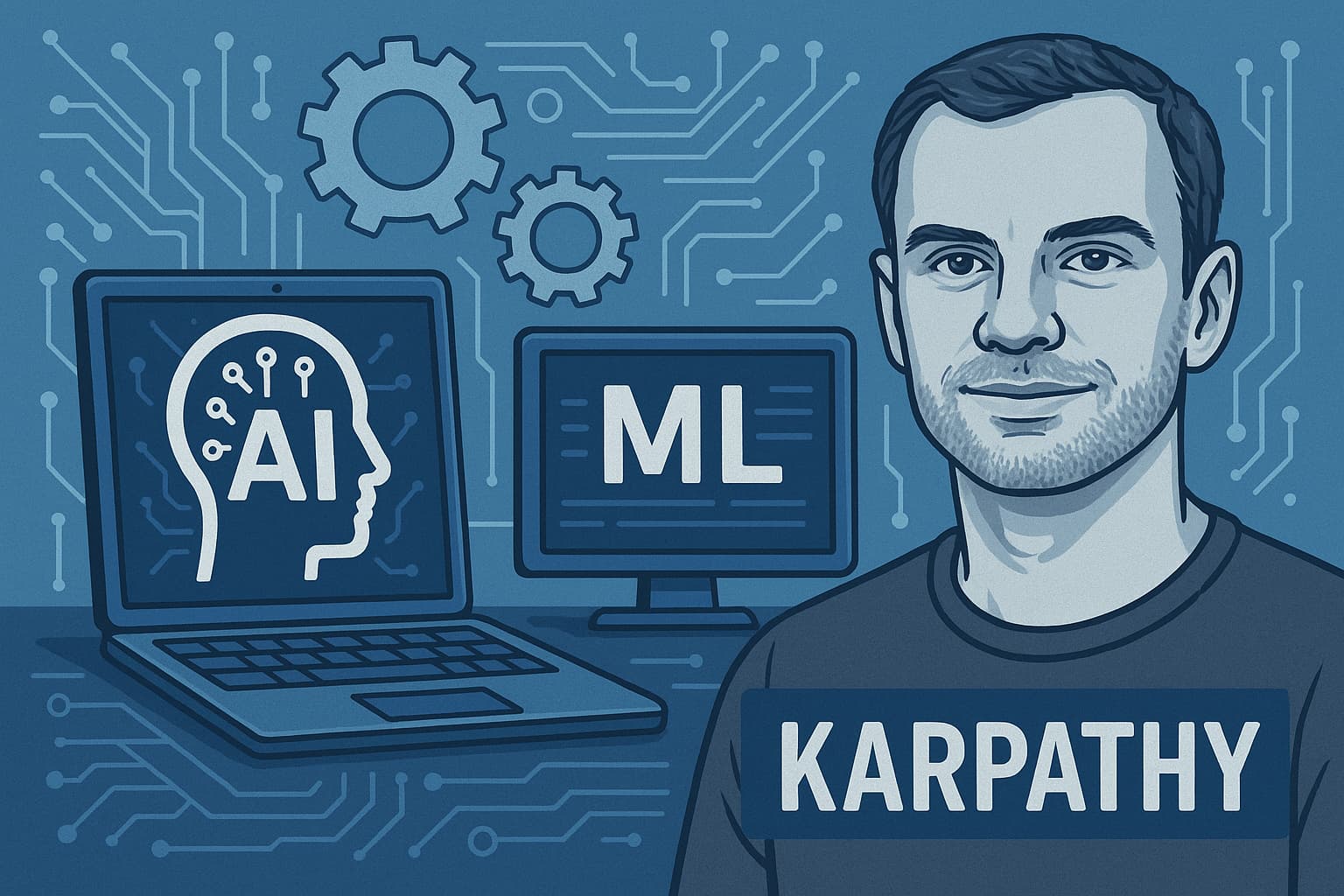New data reveals Google AI Overviews causing unprecedented click-through rate drops, forcing marketers to rethink search strategies in the zero-click era.
The Numbers Don't Lie: Historic Traffic Disruption
The latest data from marketing agency Seer Interactive delivers a stark warning to the search marketing community: Google AI Overviews are fundamentally disrupting the foundation of digital marketing. Their comprehensive study reveals that organic click-through rates for informational queries featuring Google AI Overviews have plummeted 61% since mid-2024, while paid CTRs on those same queries nosedived an even more dramatic 68%.
But here's the kicker – even when AI Overviews don't appear in search results, organic CTRs are falling across the board. Google's overall click-through rates are hitting new lows across all search categories, suggesting a fundamental shift in user behavior that goes beyond just AI Overviews.
Why Searchers Stopped Clicking
The mechanism behind this traffic collapse is straightforward yet devastating for marketers. When Google AI Overviews appear, they're providing comprehensive answers directly in search results, eliminating the need for users to visit external websites. A query about "best running shoes for flat feet" now returns detailed recommendations, expert advice, and buying guides all within the search interface.
Microsoft's Clarity research team discovered something even more intriguing – AI traffic converts at three times the rate of other channels. This means the traffic that does come through AI assistants and large language models like ChatGPT, Copilot, and Perplexity is significantly higher quality than traditional search traffic.
Consider this: a user asks Perplexity about digital marketing strategies and receives a comprehensive response with cited sources. Instead of clicking through to five different marketing blogs, they get actionable insights immediately. The traffic that does arrive is more qualified but volumes are plummeting.
Brand Adaptation Strategies
Leading brands aren't sitting idle as their search traffic vanishes. Companies are implementing sophisticated "zero-click optimization" strategies to maintain visibility and drive conversions within AI-generated responses.
Content Positioning Tactics:
- Optimizing for "People Also Ask" sections that AI systems frequently cite
- Structuring content to appear as featured snippets or knowledge panels
- Creating comprehensive, citation-worthy content that AI models prioritize
Multi-Platform Diversification:
- Shifting budget toward platforms less affected by AI Overview disruptions
- Investing in brand-building initiatives to drive direct traffic
- Developing first-party data strategies independent of search referrals
AI-Optimized Content Creation:
- Writing specifically for LLM consumption with clear, authoritative language
- Including data tables and structured information that AI systems can easily parse
- Focusing on unique insights and expert commentary that can't be generated synthetically
Industry Expert Perspectives
Marketing analysts are calling this the "search apocalypse" – a complete restructuring of how users discover information online. Unlike previous algorithm updates that primarily affected rankings, Google AI Overviews are eliminating the need for clicks entirely.
"We're witnessing the death of the traditional search funnel," explains Dr. Sarah Chen, digital strategy researcher at Stanford. "Users are getting their answers without leaving the search page, which fundamentally breaks the economic model that's funded the internet for two decades."
The impact varies dramatically by industry. E-commerce and financial services brands are seeing the steepest declines, while healthcare and educational content providers are experiencing even more severe traffic losses due to Google's cautious approach to AI Overview coverage in these sensitive categories.
The Conversion Paradox
Here's where things get interesting. Despite the massive traffic decline, conversion rates among remaining traffic are increasing. Microsoft's data shows AI-referred traffic converts at 3x higher rates, creating a paradox where marketers have fewer visitors but better quality leads.
This suggests AI assistants are becoming more sophisticated at understanding user intent and directing them to the most relevant, high-quality sources. When someone asks ChatGPT for legal advice and receives a response citing a specific law firm's analysis, they're more likely to be a qualified prospect.
Brands that maintain visibility in AI responses are seeing benefits beyond simple traffic metrics – they're attracting more qualified leads while competitors vanish entirely from AI-generated recommendations.
Immediate Action Items for Marketers
Audit Your AI Visibility: Start by tracking which queries in your industry trigger AI Overviews and assess your content's presence in these responses. Tools like Semrush and Ahrefs now offer AI Overview tracking features.
Optimize for Citations: Structure your content to be easily digestible by AI systems. Use clear headings, bullet points, data tables, and authoritative language. Include unique statistics and expert quotes that AI models prefer to cite.
Diversify Traffic Sources: Reduce dependence on organic search by building direct audience relationships through email, social media, and content partnerships. Industry data shows brands with diversified traffic sources are weathering this transition more successfully.
Invest in Brand Building: With traditional search diminishing, brand awareness becomes crucial. Users who know your brand are more likely to seek you out directly rather than relying solely on search discovery.
What's Next: Preparing for the Zero-Click Future
The Google AI Overview disruption is just the beginning. As AI models become more sophisticated and integrated across all digital platforms, the traditional "search, click, convert" funnel will continue eroding.
Marketers who adapt quickly – by optimizing for AI consumption, building direct audience relationships, and focusing on conversion quality over quantity – will emerge stronger. Those who resist change and continue optimizing solely for traditional search will find themselves invisible to the next generation of users.
The 61% CTR collapse isn't just a temporary fluctuation – it's a permanent shift that demands fundamental changes to how we think about search marketing, content strategy, and customer acquisition in an AI-first digital landscape.
Jordan Mitchell
Jordan Mitchell is a senior search marketing analyst for Social Media Marketing News. With 8 years covering SEO trends and AI impacts, he helps brands navigate algorithm changes and platform shifts.




